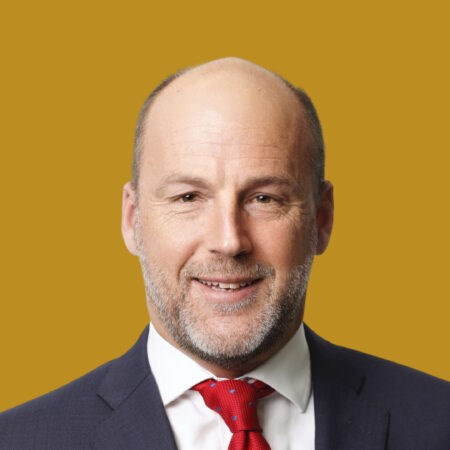
About Daragh
Daragh is head of our Debt Capital Markets and Structured Finance and Derivatives teams. He is a dual qualified solicitor, admitted in Ireland and England & Wales, practicing Irish and English law.
He has extensive cross border experience acting regularly on internatio...
About Daragh
Daragh is head of our Debt Capital Markets and Structured Finance and Derivatives teams. He is a dual qualified solicitor, admitted in Ireland and England & Wales, practicing Irish and English law.
He has extensive cross border experience acting regularly on international debt capital markets, structured finance and securitisation transactions. His practice covers publicly offered and private placements of listed and unlisted debt securities. In addition, he also provides transactional and regulatory advice to a number of multilateral development banks on Irish, English and public international law.
Daragh previously worked as legal counsel with Black Sea Trade and Development Bank, a multilateral development bank, and as a privatisation lawyer with the Kosovo Trust Agency, which was the European Union/United Nations mandated privatisation agency in Kosovo.
doshea@mhc.ie
























